#High Holy Days
Text
Hey. Gentiles. Listen up for a sec.
When September and October are nearing and you’re planning an event: google “Rosh Hashanah *year*” and *Yom Kippur *year*” and then, and I cannot stress this enough, don’t plan your event on those days. In fact, don’t plan any events starting sundown the night before. Those are the three most important days of the Jewish calendar, and, once again, I cannot stress enough how much this little bit of forethought and kindness will make every Jew you know cry tears of joy.
#shoutout to my 12th grade english teacher who just let everyone work on college apps while I was out on the high holy days#rather than conducting class like normal and giving me makeup work#I was so incredibly shocked at his kindness and he will have my heart forever#judaism#nina rambles#rosh hashanah#yom kippur#high holy days#high holidays#jewish
43K notes
·
View notes
Note
I heard a shofar for the first time tonight and it sounded just like a parasaurolophus call. My autism was twinged in ways that I never imagined were possible. (Further confirmation that dinosaurs are Jewish, perhaps? 🤔)
I still daydream about making a Parasaurolophus Shofar :o
57 notes
·
View notes
Text
It’s probably way too late to ask this, but does anyone in Jumblr have a link to online Rosh Hashanah services for tomorrow on the west coast (US)? I’ve been waiting and waiting for my shul to send one and they never have. They just keep saying “check your member emails” which would be great, if I was RECEIVING emails!
47 notes
·
View notes
Text
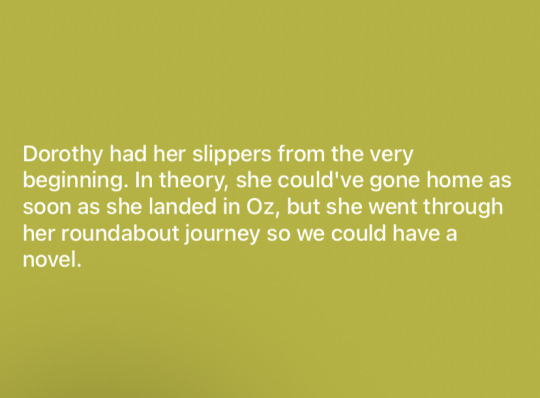
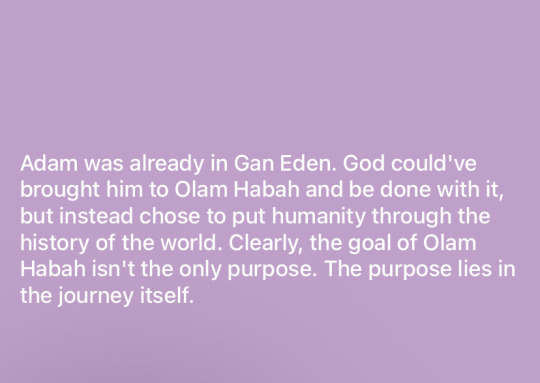

Something my friend put on her WhatsApp status. The idea is both comforting and interesting, and I really liked it, so I thought I might share!
Gmar Chatima Tova!!
גמר חתימה טובה!!
I hope you all have a safe and meaningful fast <33
✡️🕊️🕍💕
#yom kippur#יום כיפור#יום הכיפורים#jewish#jewposting#jumblr#judaism#jew#jewish holiday#day of atonement#יום טוב#high holy days#ימים נוראים#gmar chatima tova#גמר חתימה טובה
40 notes
·
View notes
Text

32 notes
·
View notes
Text
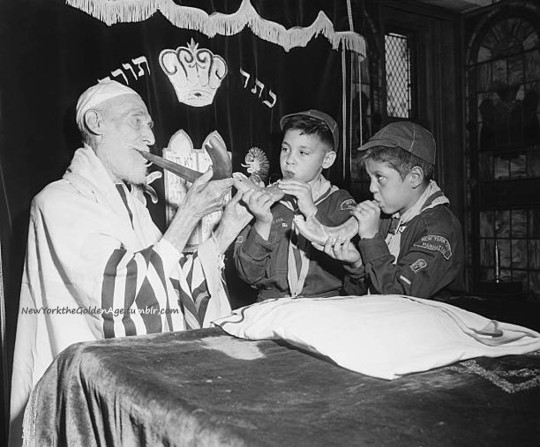
Joseph Glantz, 89, shows Cub Scouts Gary Sereno (left) and Alan Gershon the way to blow a shofar, September 2, 1953. The Cub Scouts, from the Educational Alliance, visited the Home of Old Israel to receive pre-holiday instructions in the sacred rituals of Rosh Hashanah (New Year) and Yom Kippur (the Day of Atonement).
Photo: Bettmann Archives/Getty Images
#New York#NYC#vintage New York#1950s#Yom Kippur#shofar#Rosh Hashanah#Judaism#September 2#Sept. 2#High Holy Days#Jewish holidays#Cub Scouts#vintage NY
275 notes
·
View notes
Text
Feeling woefully unprepared for Elul and the High Holy Days. This will be my first Elul since starting my conversion, my nerves are wrecked. Does anyone have recommendations for a good overview of this time in the calendar? I've seen a few BimBam videos and read a bit but still feel totally lost.
36 notes
·
View notes
Text
Thursday Thoughts: Does Darth Vader Do Teshuvah?
Someone in a nerdy-Jewish Facebook group I’m a part of recently posed the question, does Darth Vader’s repentance in Return of the Jedi redeem him for his sins in the prequel trilogy? We’re currently in the month of Elul, the weeks leading up to the high holidays of Rosh Hashanah and Yom Kippur, so this is a particularly appropriate time to reflect on this question.
In Judaism, redemption is a matter of teshuvah – of returning. If you did something wrong before, the way to be redeemed is to learn that what you did was wrong and then demonstrate that you’ve learned it by returning to the situation and making the right choice this time. As Rambam says in Hilkhot Teshuvah 2:1, “What is complete teshuvah? When a person again confronts a sin they committed, is capable of doing it again, but nonetheless refrains from doing so in order to repent, not simply because they are afraid of the consequences or too weak to carry out the act.”
Darth Vader has, undeniably, sinned. Looking just at Revenge of the Sith, he murders a lot of people, including children, and in doing so contributes to the destruction of the Jedi Order and the rise of the evil Empire. Could he ever be redeemed for this, or for any of the atrocities he committed afterwards, up to and including genocide?
Murder is, to put it lightly, a tricky thing to do teshuvah for. If you kill someone, then they’re dead. You can never go back and decide not to kill that person this time. From this perspective, Vader may never be able to find redemption.
However, this is the Jewish concept of redemption. I have to acknowledge that this isn’t universal. In some religions, redemption comes from confession. In other worldviews, commonly found in movies and books, redemption can come from death.
Star Wars as a franchise subscribes to the “redemption equals death” trope. In this trope, a character who has done evil things in their life realizes the error of their ways and does a big, good deed that results in their death. The narrative makes it clear that this ultimate self-sacrifice is redemptive. Darth Vader’s end is emblematic of this trope, to the point where his picture is currently at the top of the Redemption Equals Death TVTropes page. Near the end of Return of the Jedi, Darth Vader sacrifices himself to save his son, Luke. Vader kills Emperor Palpatine, suffering fatal injuries in the process. We later see that Vader has become one with the Force, a sign that he has been redeemed.
However, as far as Judaism is concerned, you don’t find redemption by dying. Once you’ve died, you can’t go back and try anything again, so a dead person cannot complete teshuvah. Objectively speaking, Darth Vader dies without going back and re-addressing any of his sins. We could interpret this climactic scene as Vader once again facing the choice about whether to let the Emperor destroy the Jedi Order, and choosing differently this time. But that’s a stretch, even for me, and it still doesn’t do anything about all the murder Vader committed.
It would be easy enough for me to leave it at that – that Vader may be redeemed by the rules of this fictional world, but not by Judaism’s requirements for teshuvah.
Except I’m not going to leave it at that, because Rambam acknowledged that there are some situations for which you can’t go back and try again. Returning to Hilchot Teshuvah 2:1, Rambam says, “…but if a person only repented in old age, thus lacking the power to do what they would have done at an earlier point in life, this is not ideal teshuvah but it nonetheless counts and such a person is considered a ba’al teshuvah – a penitent person. Even if a person was a sinner their whole life and then repented on the day of death and died in a state of teshuvah, all sins are forgiven…”
So perhaps there’s another way out for Vader. Perhaps, in his final moments sitting there with Luke on the floor of the Death Star, he became truly penitent. He would never be able to re-address his sins in life, but he was able to make it clear to G-d – uh, to the Force – that he had realized and internalized the error of his ways. By this interpretation, yes, Darth Vader completes teshuvah and is redeemed.
#thursday thoughts#star wars#judaism#jewblr#teshuvah#yom kippur#high holy days#rambam#darth vader#repentance#redemption
22 notes
·
View notes
Text
Shanah Tova!

Shabbat Shalom! Today is the start of a new year, the start of the High Holy Days, the Days of Awe. The Jewish New Year is a time of introspection and solemnity, as well as a time of singing and laughter.
Jewish tradition holds that our names and actions are inscribed in books according to whether we are good or bad. Theses books hold all of our actions: our faults and our accomplishments, the actions we are proud of and those we aren’t so proud of. Can you imagine it? Each and everything you do is written down and kept account of, a supernatural ledger for actions beneficial and not so beneficial. This is the “Book of Life” and the “Book of Death”, with some traditions having a third book for deeds not necessarily good or evil.
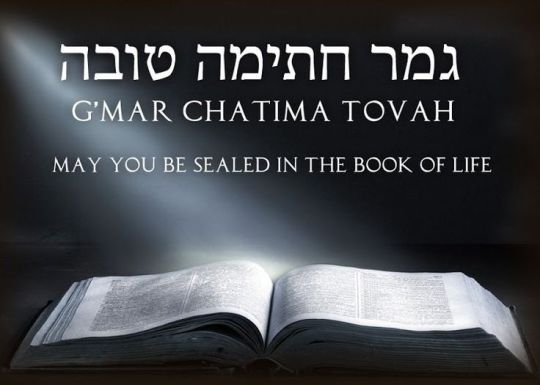
At Rosh Hashanah, and for the net ten days, these books are open. What has been written can be changed, there is going back and there is a chance to make up for past missteps.
I love the idea that there is a time when the “Book of Life” is open, when we have space to forgive, space to be forgiven. We don’t have to be defined by our worst mistake, and we don’t have to feel less than worthy because of an error. There is time for redemption and space for reconciliation. When we mess up, when we are human, the door is not closed forever.
At Rosh Hashanah we are given a time for renewal, reflection and new beginnings. I say the time is not just at Rosh Hashanah. Just as you don’t have to wait until January 1 to make New Year’s resolutions, you don’t have to wait until Rosh Hashanah to make changes in your life. These dates are reminders for us, reminders that redemption is always possible. Redemption is coming back into love when harsh words have been spoken. Redemption is knowing in your bones that you are worthy even when you have hurt other or yourself. Redemption is letting go of past wrongdoing and being loved again.
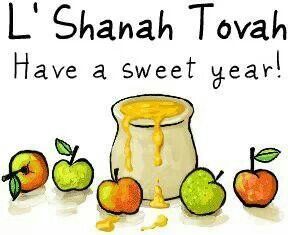
That’s both the solemnity and the joy today. The solemnity that we look back on our lives and decide what we want to let go of, what we might want to change in our lives. The joy that we have a new year in front of us to live as we best we can.
May it be a year of peace and sweetness for you. Shanah Tovah!
#rosh hashanah#judaism#new year#shanah tova#book of life#redemption#letting go#high holy days#days of awe
246 notes
·
View notes
Text
No matter how you acknowledge Yom Kippur I hope that it is meaningful for you.
If you fast, I hope that it is an easy day.
Gentiles, this one isn't for you, even though you're cool. Check back tomorrow if you want to know the results! Thank you 💖
#jewish#jewish stuff#jumblr#religious fasting#yom kippur#high holy days#fasting#something to do while you're waiting today
15 notes
·
View notes
Text
On Teshuvah/Returning
Someone who once loved me, who is long lost to the pocket of time we shared years ago, once said "You are your own home."
This person (who was still older then than I am now) saw a truth about me that I did not yet understand: that I am a wanderer, restless in both place and mind. And yet, my soul is entirely my own, it goes with me. The soul always returns home each morning, we thank G-d for this with the Modeh Ani.
The word Jewish people use for repentance-teshuvah--actually means to "return." This time of year is a returning of many sorts, especially during the 10 days between Rosh Hashanah and Yom Kippur.
We can always return to whom we were meant to, or can possibly be, even if we have never been that person yet. Every day our soul is restored to us, there is still time.
I am finding myself pouring all my reflections on the new year into All Vows. The scene where we inevitably re-meet Rabbi Levi in the Grand Synagogue on the Rue de la Victoire takes place during Elul--I just wrote it. Readers will not encounter this chapter for several months, but I was hopeful I would get to it during this time when the world is open. It is a love letter of sorts--love of all kinds, including for oneself. (for those who found this post on jumblr, I'm talking about a novel-length Phantom of the Opera fanfiction I'm writing that features a lot of Jewish themes)
And sometimes a song that is perfect finds its way to you--as a Mary Fahl fan, I have no idea how I didn't know of October Project's "Return to Me", until tonight, but it captures so much of the longing I feel now. Yes, perhaps it calls out to someone who is beyond reach, but perhaps it can also be a song to ourselves--return to me, oh my soul--I will love you, I will protect you.
youtube
7 notes
·
View notes
Text
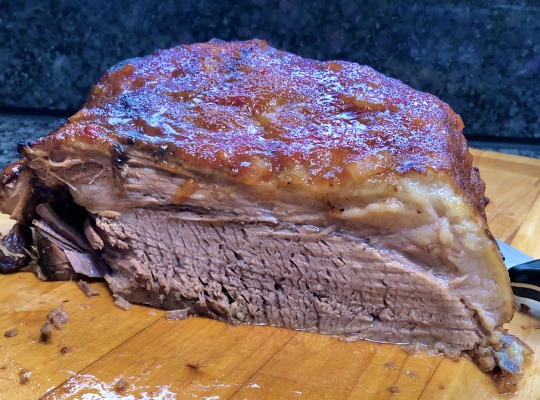
I was never a big brisket fan. Soft, wet, brown meat just isn’t my thing. My mother, who was a very good cook, and every other woman in the family, served the meat with pan juices and overcooked onions and carrots.
It was one of the only recipes of my Mom’s that I didn’t like.
So when it was my turn as woman of the house this was not a dish I ever cooked for the holidays.
Then my sons-in-law came along and wanted to know “where’s the brisket?”
I had to find a way that satisfied the whole crew.
After a while I discovered Texas style barbecued brisket: tender meat glazed with thick, tangy sauce and crispy ends and outsides. It was a transformative moment, gastronomically speaking
I wish my Mom was here to try it!
Brisket is expensive, so I don’t make it often, but when I do I always pre-cook it to tenderness this way, then glaze it with barbecue sauce (instructions for when to do what are in that post too).
Follow me on Instagram @RonnieVFein
This year, this is the sauce I am using:
TEXAS STYLE BRISKET
2 tablespoons olive oil
1 large onion, finely chopped
1 medium clove garlic, chopped
1 teaspoon finely chopped chili pepper
2 cups ketchup
1/2 cup apricot jam
1/2 cup orange juice
1/4 cup honey or maple syrup
1/2 cup apple cider vinegar
1/2 cup brown sugar
pinch of ground cloves
pinch or two of freshly grated nutmeg
Pour the olive oil into a saucepan over medium heat. Add the onion and cook for about 2 minutes or until slightly softened. Add the garlic and chili pepper and cook briefly. Add the ketchup, jam, orange juice, honey or maple syrup, apple cider vinegar, brown sugar, cloves and nutmeg and stir to blend them. Bring the mixture to a boil, reduce heat to simmer. Cook uncovered, stirring frequently, for about 15 minutes or until thick.
Makes about 2-1/2 cups
#brisket#BBQ Brisket#Texas style brisket#barbecued brisket#Rosh Hashanah#Rosh Hashanah 2023#Jewish holiday#Jewish holidays#High Holy Days#High Holidays
7 notes
·
View notes
Text
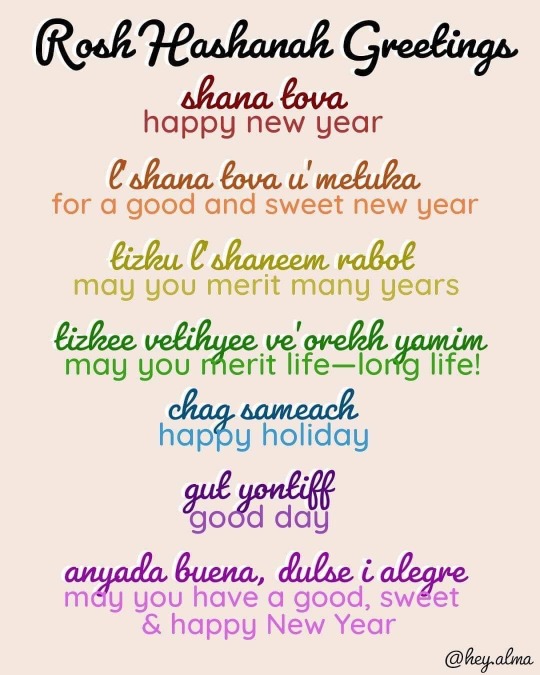
What greeting you choose, whatever languages you speak, from this Jew in diaspora to all other Jews: I hope you’ve had a sweet and meaningful New Years! 🍯🐝🍎
85 notes
·
View notes
Text
Join Jews in ALL Hues for our 3rd annual Jews of Color, Sephardi, & Mizrahi-led High Holy Days services, taking place in-person in Philadelphia, a Zoom Minyan, and streaming live on YouTube.
See you Monday, September 26, 2022 @ 11:00 AM ET for our first service!
80 notes
·
View notes
Text
Tubthumping by Chumbawamba is a Rosh Hashanah song, you can’t change my mind
9 notes
·
View notes
Photo

Shana Tova!
President Ford's greeting on the occasion of the High Holy Days, 1975.
File Unit: Press Releases, September 3, 1975, 9/2/1975 - 9/3/1975
Series: Press Releases, 1974 - 1977
Collection: White House Press Releases (Ford Administration), 1974 - 1977
Transcription:
[9 - 3 - 75]THE WHITE HOUSE
WASHINGTON
Mrs. Ford and I send warmest greetings to our fellow Americans of the Jewish Faith as you observe the High Holy Days.
This year adds a special dimension to the meaning of your observance. These solemn days are marked by a traditional exhortation to prayer and self-examination. They mirror in a unique way the general mood in our country as we approach the celebration of our National Bicentennial.
On the eve of our two hundredth year of our independence as a nation, we are joined as Americans in a spirit of reflection, renewal and reaffirmation. This same spirit has united the Jewish people for centuries in the observance of Rosh Hashanah and Yom Kippur.
Each of you can take deep pride in the profound and positive influence of the Judaic heritage on our national life. The principles that guide you in your religious worship have also inspired countless and enduring contributions of the Jewish people to humanity and social justice. Your values are a great component of our quest for the brotherhood of man under the Fatherhood of God. The inspired leadership and special sensitivity of Judaism in areas of humanitarian concern fill many brilliant chapters of America's history.
Mrs. Ford and I extend our sincere best wishes for the Jewish New Year. May it witness world progress toward fulfillment of the prophets' vision of peace and prosperity for all mankind.
(signature) Gerald R. Ford
Digitized from Box 15 of the White House Press Releases at the Gerald R. Ford Presidential Library
41 notes
·
View notes